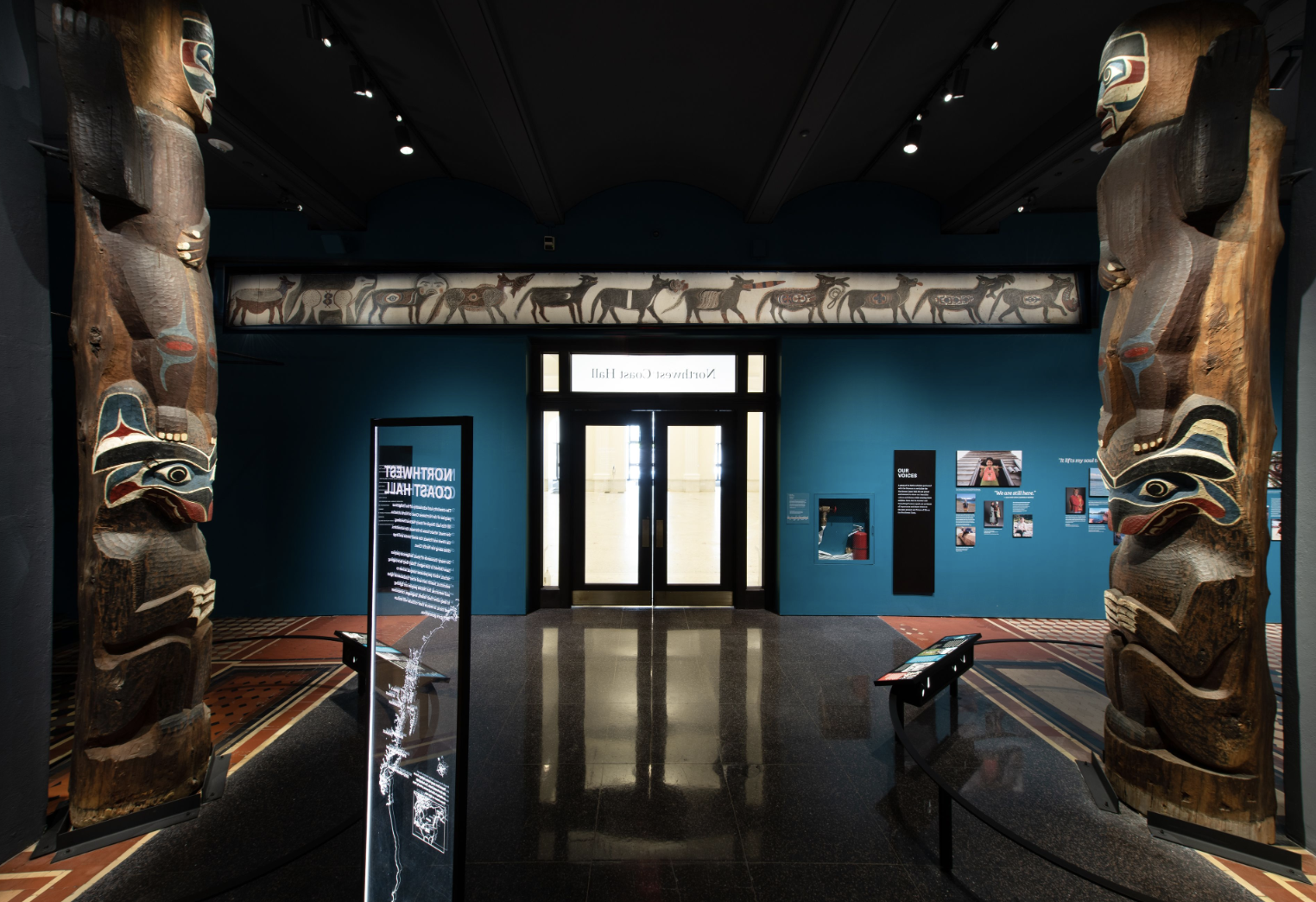
- Details
- By Levi Rickert
Opinion. At the height of the 2024 presidential election, candidates at the top of the Republican ticket spread a false claim that Haitian immigrants in a small Ohio town were stealing and eating residents’ pets.
The falsehood began with a Facebook post before being amplified by then-VP candidate J.D. Vance and other far-right figures. Springfield police and Ohio Gov. Mike DeWine, a Republican, confirmed that there was no evidence to support these allegations, even as the lies triggered racial tensions and bomb threats against local hospitals and public facilities.
Despite zero credible evidence to support the outlandish claims, Vance kept promoting the false narrative while his running mate — Donald J. Trump — spread the misinformation at campaign rallies and during the nationally televised debate.
Even with all of the pushback, the two still perpetrated the lie. They won the election in November and now, Americans are living with the results.
Last Thursday, President Trump issued an executive order titled “Restoring Truth and Sanity to American History,” shocking cultural and educational communities nationwide.
This directive tasks Vance with overseeing the removal of what the administration deems “improper, divisive, or anti-American ideology” from the Smithsonian Institution's museums and programs.
That’s right: the same guy who spread improper, divisive and anti-American lies about people in Springfield, Ohio is now in charge of figuring out what constitutes proper American ideology — a dangerous development.
The Smithsonian Institution, established over 175 years ago, has long been a bastion of knowledge and cultural preservation. Its mission to increase and diffuse knowledge has fostered a deeper understanding of America's complex history. Trump’s executive order threatens to undermine that mission by imposing a singular narrative that may exclude the diverse experiences and contributions that have shaped the nation.
Most concerning is the order's focus on the National Museum of African American History and Culture and the forthcoming Women's History Museum. By targeting these institutions, the administration appears to be dismissing the importance of representing the full spectrum of American history, including the struggles and triumphs of marginalized communities.
The order also calls for the restoration of monuments that have been removed in recent years because they celebrated oppressive histories. It disregards the thoughtful dialogues and decisions made by local communities to reevaluate the symbols that represent them.
Included in the Smithsonian family of museums are the National Museum of the American Indian in New York and Washington, D.C.
Nicholas Galanin, a 45-year-old artist whose work is inspired by his Alaska Native heritage, contributed a 2016 sculpture for a Smithsonian exhibition called “The Imaginary Indian (Totem Pole),” which includes a wooden totem disappearing into floral wallpaper.
“Museums, monuments, and public institutions should be spaces where these stories are held with care, not suppressed for political convenience,” he said. “When we interrogate systems of power and challenge historical narratives that center whiteness and colonial dominance, we do not divide, we restore balance.”
As the 250th anniversary of the Declaration of Independence approaches, we must embrace an honest portrayal of our nation's history. Museums provide spaces for education, reflection, and dialogue. Political interference that sanitizes historical narratives undermines these institutions and disserves the public.
The American Alliance of Museums has voiced opposition to these developments, emphasizing that museums are vital community anchors that serve all Americans, including youth, seniors, people with disabilities, and veterans. They highlight that museums are not only centers for education and inspiration but also economic engines that create jobs and drive tourism.
We must defend the integrity and independence of our cultural institutions from political manipulation. Future generations deserve access to history that's rich, diverse, and free from political agendas.
The Trump administration doesn’t seem to understand — or even appreciate — this fundamental principle. Vance’s promotion of the Springfield falsehoods proves he can’t be trusted to determine how Americans should view their history.
Thayék gde nwéndëmen - We are all related.
More Stories Like This
The SAVE America Act Threatens Native Voting Rights — We Must Fight BackThe Presidential Election of 1789
Cherokee Nation: Telling the Full Story During Black History Month
Jesse Jackson Changed Politics for the Better
Native News Online at 15: Humble Beginnings, Unwavering Mission
Help us defend tribal sovereignty.
At Native News Online, our mission is rooted in telling the stories that strengthen sovereignty and uplift Indigenous voices — not just at year’s end, but every single day.
Because of your generosity last year, we were able to keep our reporters on the ground in tribal communities, at national gatherings and in the halls of Congress — covering the issues that matter most to Indian Country: sovereignty, culture, education, health and economic opportunity.
That support sustained us through a tough year in 2025. Now, as we look to the year ahead, we need your help right now to ensure warrior journalism remains strong — reporting that defends tribal sovereignty, amplifies Native truth, and holds power accountable.
 The stakes couldn't be higher. Your support keeps Native voices heard, Native stories told and Native sovereignty defended.
The stakes couldn't be higher. Your support keeps Native voices heard, Native stories told and Native sovereignty defended.
Stand with Warrior Journalism today.
Levi Rickert (Potawatomi), Editor & Publisher


